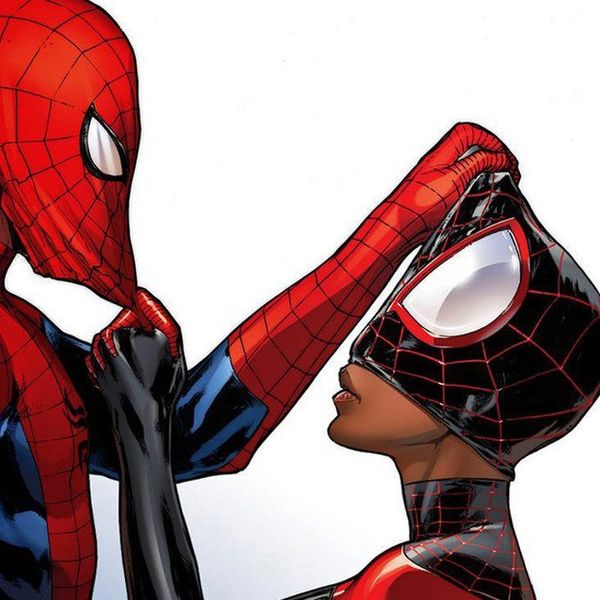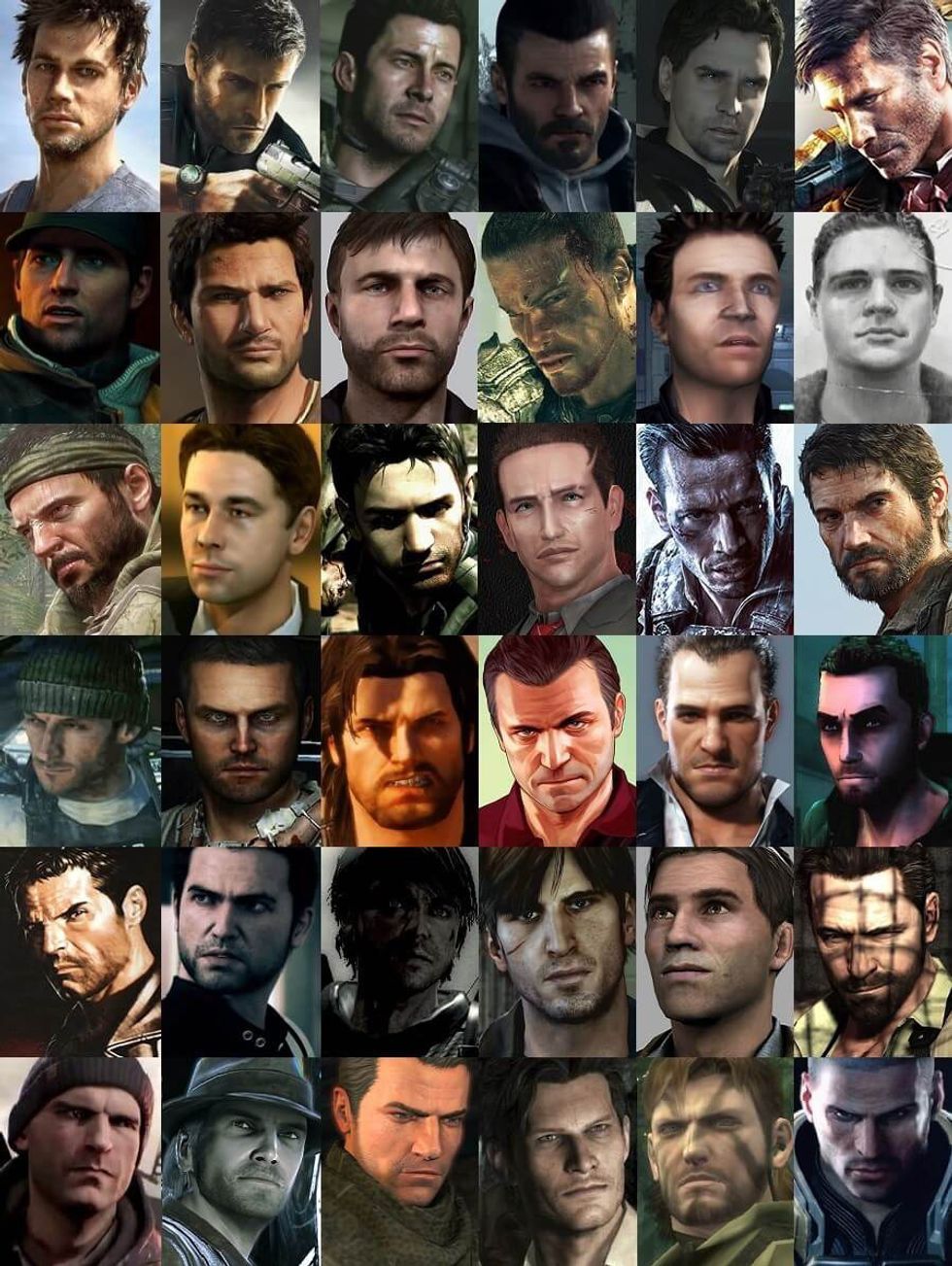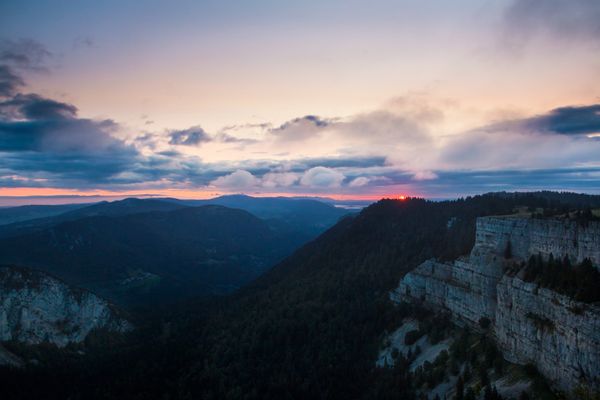For the longest time in pop culture, interest in comic books, superheroes, video games, manga, anime, robots, sci-fi, and/or any franchise with a long, complicated fictional history was perceived as nerdy and uncool. Any one interested in these things was a lame, a square, a dweeb. Then one day we woke up and everything had changed. I cannot remember the exact moment nerdy became cool but with the myriad of superhero movies and comic book conventions we witness as a society, it seems that the “geeky/nerdy=cool” movement is here to stay.
That being said, Black nerds have only recently been accepted by their own community. Black nerds, more commonly known as “Blerds”, are Black men and women who have interests in the nerd and geek culture, a culture that has the common perception of being overwhelmingly white and male. Many Blerds lament the days they had to explain to their families that their cartoons were not simply “just for kids”. I have experienced frustration in attempting to explain the history of the Avengers. I guess I have always been a Blerd. From a young age, I always loved cartoons, superheroes and the like. I could still tell you the fictional history of the respective Teenage Mutant Ninja Turtle reboots. All interests unshared by many of my Black friends and peers. I was interested in football and basketball as well, but sometimes I just wanted to play on my Playstation 2. As a Black man, I can love One Punch Man and I take comfort in knowing that there are others out there who love the same geeky stuff I do. I stand in solidarity with my Blerds.
Geek culture is becoming more accepted by people of color and larger society as well. In fact in a 2015 survey by the Pew Research center, 22 percent of Black people said that video games promote problem-solving and strategic thinking, as opposed to 15 percent of whites and 18 percent of Hispanics. Many more white people, 28 percent to be exact, felt that video games were a waste of time as opposed to 21 percent of Hispanics and 15 percent of Blacks. Even if the culture is embraced by people of color, the industry and the characters it creates are overwhelmingly white. Look at this picture of popular video game protagonists over the past few years. Count the people of color. Count the women. Yeah. A Pretty homogenous cast of protagonists if I do say so myself.
Despite vanilla protagonists and questionable casting choices by Hollywood studios, I anticipate a bright future for our Blerd community. While big companies may be slow on the trend of diversity representation in geek culture, there are some bright points in the future. Mafia 3 and Watch Dogs 2, stood out at the 2016 Electronic Entertainment Expo, for featuring Black protagonists, as opposed to many other video games showcased during the three day convention. Blerds are slowly being recognized as a force to be reckoned with. And we need not rely on corporations to placate us. Blerds everywhere are creating their own communities and their own work. For example, popular Instagram artist Markus Prime recently released his book, B.R.U.H. (Black Renditions of Universal Heroes). In it, he re-imagines popular pop culture characters as Black women, subverting the common narratives we all have been exposed to. Yes, the future is bright for the Blerd community and I’m looking forward to what we will create together.






















